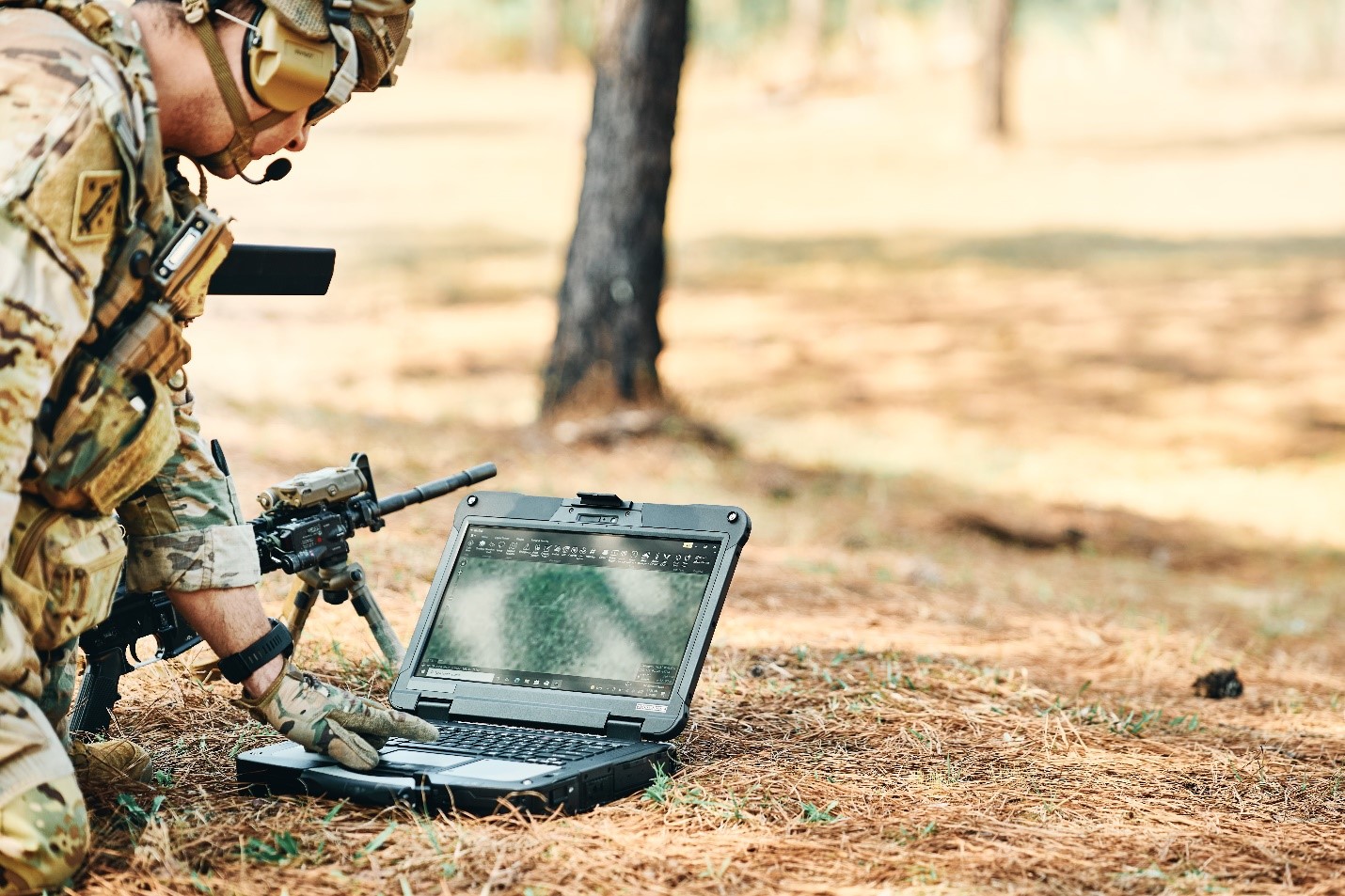The Growing Challenges of Remote Work in Highly Secure Government Organizations
At a time when remote work has become the norm for many professionals, the practice of “work from anywhere” is now part of even the most highly secure organizations. This introduces a unique set of challenges distinct from those the average office worker faces. The stakes are significantly higher, with rapid deployments, mobilization activities, data security, and constant cybersecurity defense being non-negotiable for federal agency technology requirements.
As agencies increasingly look to modernize their legacy systems and provide personnel with reliable, accessible, and rugged solutions, they must consider the best technologies and integrated solutions, and how they benefit end users in the field.
Data Processing & Management
Government agencies collect increasingly large amounts of data that must be processed, analyzed, and stored. Consider military operations where the use of Unmanned Aerial Vehicles (UAVs) are commonplace. With wireless control, these systems can simultaneously collect, record, store, and transmit data securely from sensor-rich platforms or surveillance infrastructure at base facilities. On the other hand, civilian government agencies that serve the public must provide continuous secure storage of millions of citizens’ documents and information such as mortgages, deeds, birth and death certificates, tax information, medical records, Social Security numbers, and military discharge papers.
Whether this data is processed on the move, via laptops or tablets, or on a desktop computer in an office, securing the transfer, storage, and access to sensitive government information is essential. Federal and government agencies require purpose-built devices designed to meet their workforce’s environmental, workflow, and security needs. Hardware built with government needs in mind helps federal agencies address their data security and management needs.
Cybersecurity
Weak or nonexistent cybersecurity programs represent a massive organizational risk for government agencies. Quickly and effectively locating and removing those security gaps or holes is paramount to securing the operational environment. Robust cybersecurity software and processes must be put in place to ensure threat actors, hacktivists, and state-sponsor agencies cannot easily access any personnel’s devices or an agency’s data environment.
The first line of defense when equipping end users with hardware includes requiring strong PINs, password complexity, multi-factor authentication, and auto-lock timeouts on mobile devices to prevent unauthorized mobile data access. Users must adhere to the various data security and computer system standards as outlined in the Federal Information Processing Standards (FIPS). Beyond this, several internal and external controls must be deployed to provide additional device protection. Agencies must use mobile device management (MDM), asset tracking, and BIOS-embedded solutions that are integrated into the hardware to help ensure both physical device security and data security. Mobile-based asset tracking specifically provides real-time updates on the location, condition, and physical custody of a particular piece of equipment to ensure it is continuously secure.
Why Panasonic Connect Rugged Mobile Solutions
When it comes to military technology solutions, Panasonic TOUGHBOOK delivers the performance, security, and reliability that front-line troops and the federal workforce rely on to survive in harsh environments and access sensitive information. TOUGHBOOK mobile devices, including the TOUGHBOOK 55 and TOUGHBOOK 40, go beyond the standard safety testing to achieve security levels, including TPM 2.0 and TAA compliance, that are approved for government deployment.
Learn more about the TOUGHBOOK mobile hardware, software, and services that help support your missions and personnel.
![]()

